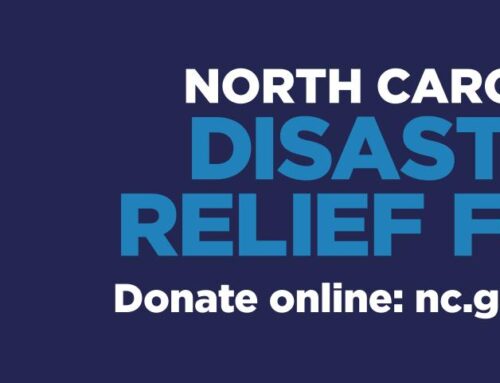
ummmm…what do we do again?
Ummmmm.
We’ve all been there. As a matter of fact, it happened to me just yesterday.
You’ve got just a few seconds to explain what your organization does and the “who cares,” but that’s not enough time to deliver your well-practiced elevator pitch.
Or you’re about to jump off the bus and need to leave your seatmate with a memorable and repeatable take on your newest FILL-IN-THE BLANK in just 10 seconds. Instead, all you can say is ummmmmmmm.
Names Just Don’t Do It All
Most of us expect our organization’s name (and our program, campaign or event names) to convey enough about what it does. Trouble is, our names usually don’t. That leaves those interested in learning more unsatisfied—and so, unlikely to act—and us feeling stupid.
In fact, most nonprofit or program/campaign/event names fall into one or more of these (trash) buckets:
- Convey nothing about the organization’s work. Take Lotus Outreach International—we’d never know that this organization fights against child trafficking and exploitation, and for access to education, in Cambodia and India.
- Sound like the names of other organizations. For example, Human Rights Watch, Human Rights First and Human Rights Campaign.
- Are frequently confused with those of organizations focused on the same issues. Think Human Rights Watch and Amnesty International.
That’s Why Relevant Messages Matter So Much
Our organizations—no matter cause or size—have a huge need (and valuable opportunity), to position ourselves and our programs, fundraising and advocacy campaigns in the noisy and competitive world in which we live.
But, only those that hone their messages to be relevant to the right people and delivered in the right way at the right time will connect, and stay, firmly in audiences’ hearts, minds, schedules and wallets.
Relevance rules, and right-things, right-now messages are the the way to get there.
Join me to learn how? I’ll be back soon with specific tips and tools to get you there.






